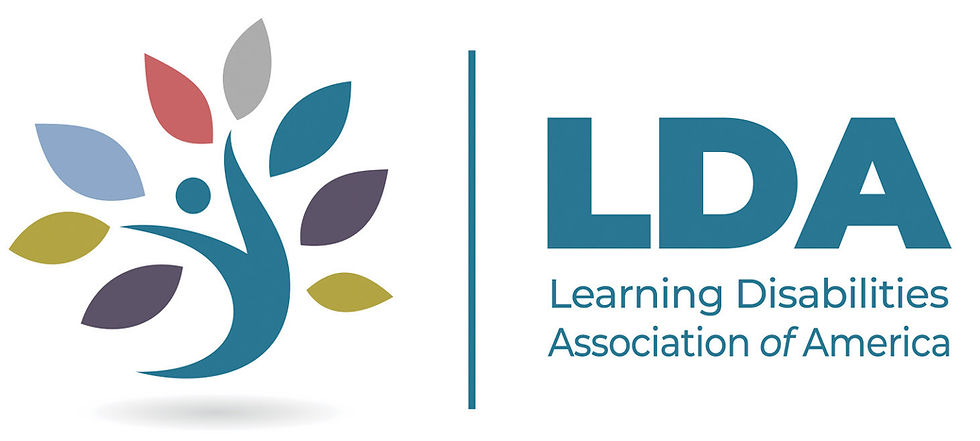Understanding the Impact of Executive Function on Writing: Strategies for Success
- Dysgraphia Life

- Sep 5, 2023
- 2 min read
Updated: May 28, 2024
Last week, the Dysgraphia Life Webinar Series hosted Michael Greschler, M.Ed, known for his expertise in executive function (EF), to share practical strategies and insights into the relationship between EF and writing. As the director of the SMARTS program, an EF strategy instruction curriculum, Greschler offered valuable advice and resources for supporting students with writing impairments. Watch the full webinar recording here.
A few important takeaways were:
Understanding Executive Function:
Greschler defined executive function as a collection of brain processes involved in goal-setting, organizing, shifting, working memory, and self-checking/self-monitoring. He stressed the importance of considering EF challenges when teaching writing, emphasizing the need for age-appropriate content that engages students rather than solely focusing on basic spelling skills.
Reflection and Evaluation:
Greschler highlighted the importance of reflection and evaluation in effective instruction. By reviewing strategies used and making improvements for future implementation, parents and teachers can ensure better engagement and support for their students.
The real secret to EF success is really developing that nuanced self understanding. So many kids who struggle with executive function have very global and hopeless views of their abilities. Find time to really get them to practice identifying their true strengths, the true areas of challenge. Like 'I'm bad at writing', they might struggle with pieces of it, but they might have strengths as well. And reflecting on how they did and making plans, that is life changing. So finding time to consistently ask those questions could really change your kids lives. - Michael Greschler, M.Ed.
Parent Advocacy and Support:
Parents play a crucial role in advocating for their children with academic challenges. Greschler emphasized the importance of clear communication between parents and teachers, establishing specific goals in Individualized Education Programs (IEP) and 504 plans to address challenges effectively.
Explicit Instruction:
Greschler highlighted the effectiveness of explicit instruction by emphasizing the importance of breaking down complex tasks like writing into smaller, more manageable steps. By providing clear instructions and using manipulatives to help students express their understanding, educators can foster better knowledge retention and generalization.
Thanks to everyone who attended live, we had great questions and comments. If you missed it or want to watch it again, you can find the full length recording and resources that Michael shared on this page.




Comments